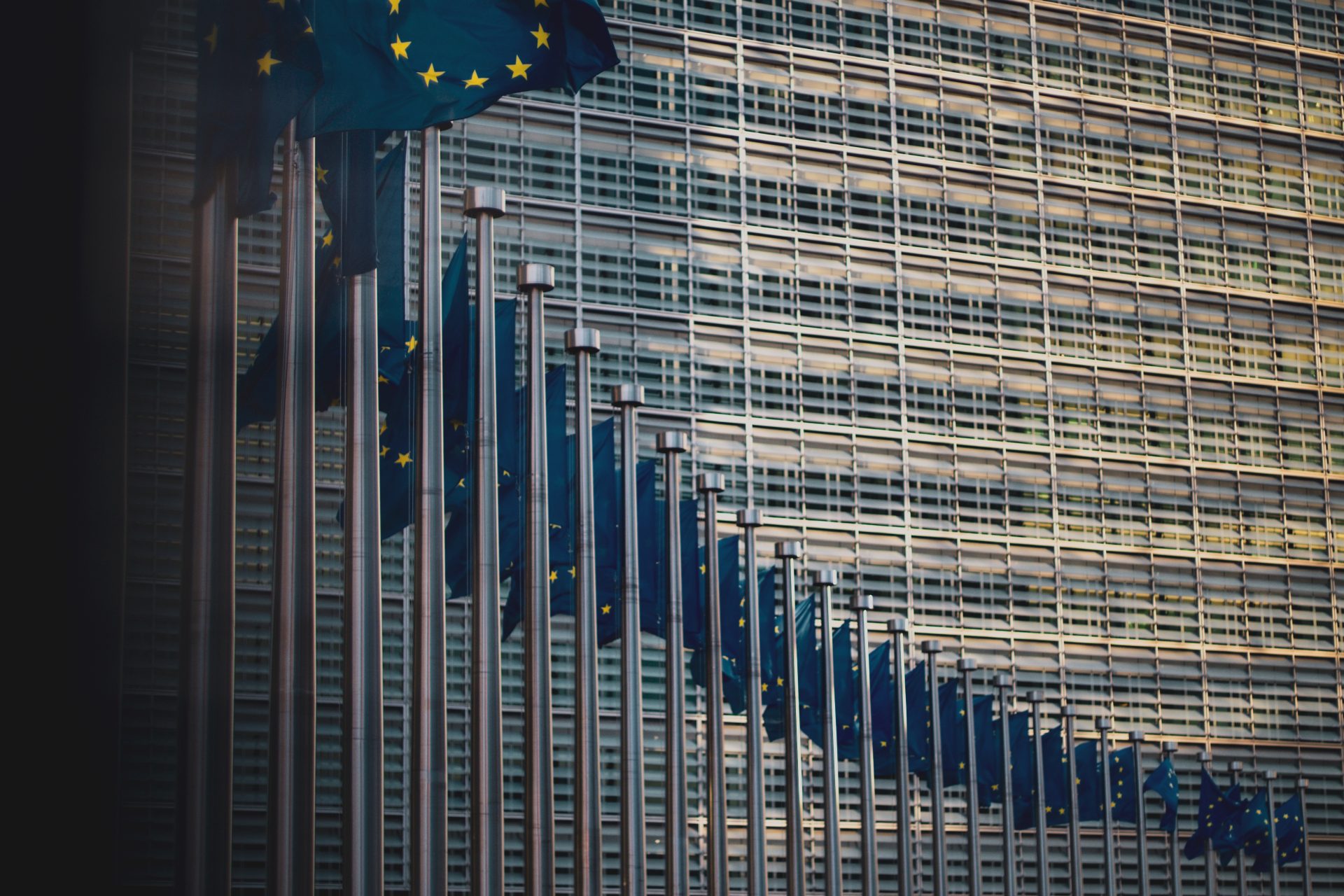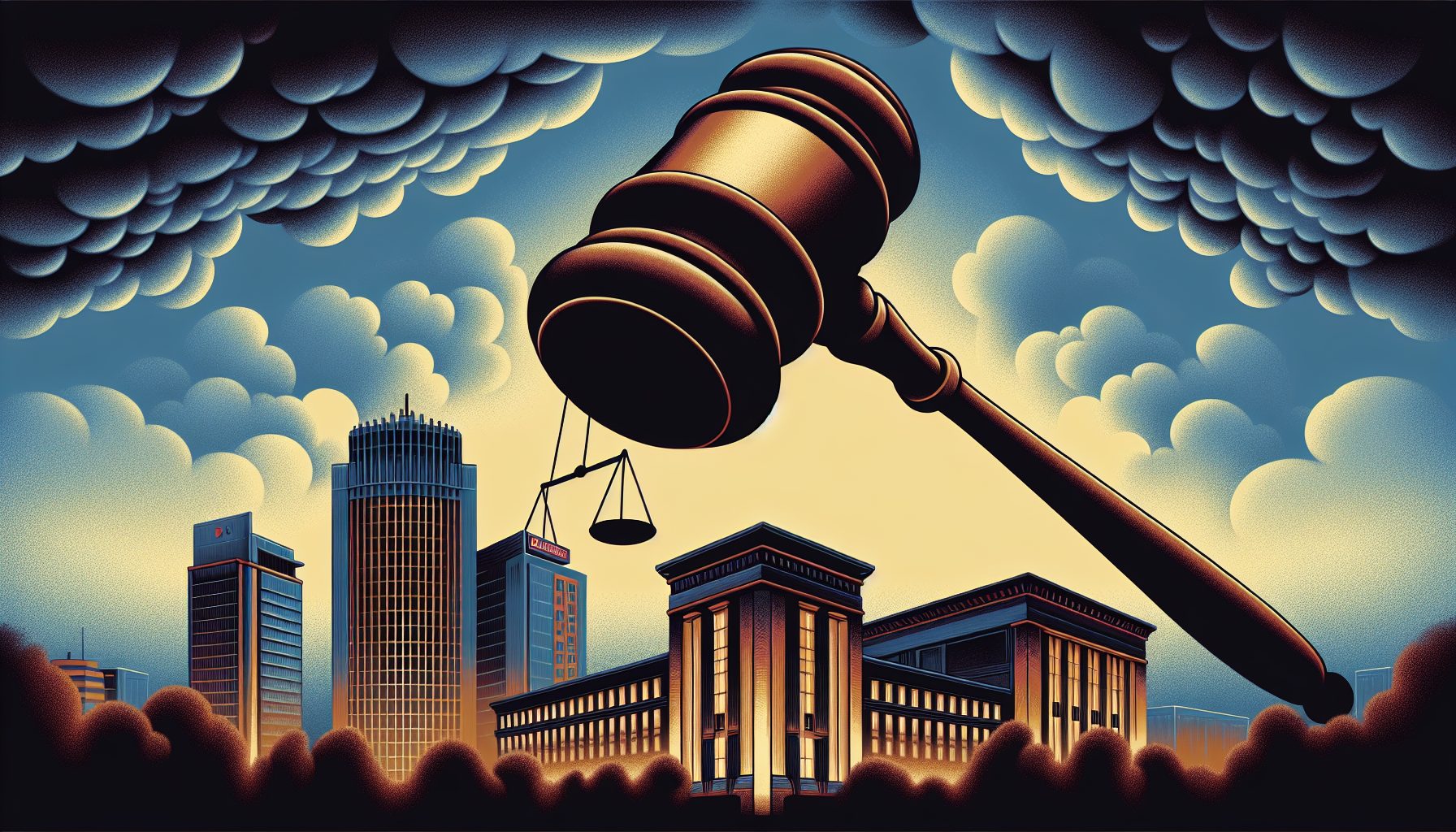New digital laws to be implemented by the European Union (EU) will have important effects on internet companies with a presence in Europe. The purpose of the Digital Services Act (DSA) and related pieces of tech-focused legislation is to make the internet a safer and more welcoming place for everyone. Due to the DSA’s imminent implementation, big platforms like Google, Facebook, TikTok, and others will have to make substantial adjustments to their policies.
The Regulations’ Scope
Social networking sites, marketplaces, app stores, search engines, and navigational tools are all included in the DSA’s purview. Facebook, TikTok, Twitter, YouTube, Instagram, LinkedIn, Pinterest, Snapchat, Amazon, Booking.com, Alibaba AliExpress, Google Play, the Apple App Store, Google Maps, and Wikipedia are just some of the major sites that will be impacted by the new laws. The ranking is based on the number of users, with the most stringent regulations being applied to platforms that have 45 million or more users, or 10% of the EU’s population.
Please note that this is not an all-inclusive list; other platforms may be added in the future. In addition, companies offering digital services to Europeans would have to comply with the DSA, although with a six-month transition period.
Important Modifications and Duties
To promote user safety and preserve Europeans’ basic rights, the DSA implements a number of significant modifications and requirements for platforms. Among the many modifications are:
New mechanisms for users to report unlawful material and questionable items must be implemented by platforms before they can be taken down. Companies have a need to act swiftly and impartially when information that violates their terms of service or is unlawful is disclosed to them. For instance, TikTok has included a reporting option for many forms of illicit material, and Amazon has introduced a new method for reporting suspected unlawful merchandise.
Ads cannot specifically target minors or other vulnerable populations under the DSA’s restrictions on personalization and targeting. Changes have been made on platforms like Snapchat and TikTok to restrict age-targeted advertisements to individuals above a particular threshold.
Users should be afforded more choice and transparency in the advertisements they view on various platforms. For example, Snapchat has implemented changes to provide consumers (18+) with additional context about the advertising they see.
The goal of the DSA’s work in the area of algorithmic accountability is to lessen the negative effects of automated recommendation systems. To prevent harmful outcomes like the proliferation of hate speech or misinformation, platforms will be required to let the European Commission evaluate their algorithms.
Consequences and Enforceability
The DSA has severe consequences for IT corporations who violate it. Companies that repeatedly violate EU regulations risk having their operations shut down or being fined up to 6% of their worldwide sales. The primary emphasis of enforcement efforts will be on checking whether or not platforms have implemented safeguards to mitigate the negative effects of their algorithms. In order to ensure compliance, the major platforms will be subject to independent audits to detect and evaluate systemic risks.
Effects Around the World and What’s to Come
Many major IT businesses have a worldwide presence, so rules in Europe are likely to affect them all. Many websites, like Wikipedia, have promised that any modifications they make in response to the DSA would be applied worldwide. Users everywhere will be impacted by changes to terms of service and policy. The restrictions are meant to deal with international social media influencers and multichannel networks.
It will be crucial to monitor the DSA’s results and make modifications as necessary once it goes into force. With the EU’s new digital laws, the internet will be a safer place for everyone and people’s rights will be better protected. Europe hopes to influence global policy by setting a standard for responsible digital activities by making big companies accountable.
The passage of the DSA marks a significant turning point in the discussion of how best to regulate the technology industry. The digital environment must be kept secure and helpful for all users, and it is imperative that governments and regulatory organizations advance with technology.
See first source: NBC News
FAQ
1. What is the Digital Services Act (DSA)?
The Digital Services Act (DSA) is a set of regulations introduced by the European Union (EU) aimed at making the internet safer and more welcoming for users. It encompasses new laws and requirements for digital platforms operating within the EU.
2. Which companies will be affected by the DSA?
The DSA applies to various types of digital platforms, including social networking sites, marketplaces, app stores, search engines, and more. Major platforms like Facebook, TikTok, Twitter, YouTube, and Amazon will be impacted, as well as others based on their number of users.
3. What is the scope of the DSA’s regulations?
The DSA covers a wide range of platforms, targeting those with 45 million or more users, or 10% of the EU’s population. This includes platforms like social media sites, e-commerce marketplaces, app stores, and navigational tools.
4. What modifications and duties will companies need to implement under the DSA?
Platforms under the DSA are required to make several modifications to ensure user safety and protect basic rights. Some of the changes include implementing mechanisms for users to report unlawful content, restricting ads targeting minors, providing transparency in advertisements, and allowing algorithm evaluations by the European Commission.
5. What are the consequences for non-compliance with the DSA?
Companies that violate the DSA may face severe consequences, including fines of up to 6% of their worldwide sales or even having their operations shut down. Enforcement efforts will focus on evaluating platforms’ safeguards against negative algorithmic effects.
6. How will the DSA impact companies outside of the EU?
Many major IT companies have a global presence, so changes implemented in response to the DSA in Europe may have a worldwide impact. Some platforms have committed to applying modifications globally to maintain consistency in their policies and services.
7. How will the DSA affect users and the digital environment?
The DSA aims to create a safer online environment and protect users’ rights. It addresses issues such as ad targeting, algorithmic accountability, and content reporting. By setting standards for responsible digital activities, Europe hopes to influence global policy and hold large companies accountable.
8. What is the purpose of algorithmic accountability under the DSA?
Algorithmic accountability aims to reduce the negative effects of automated recommendation systems used by platforms. The DSA requires platforms to allow the European Commission to evaluate their algorithms to prevent outcomes like hate speech and misinformation.
9. How will the DSA impact international social media influencers and networks?
The DSA’s regulations will have implications for international social media influencers and multichannel networks. Changes in terms of service and policies will likely affect users and content creators worldwide.
10. What does the passage of the DSA signify?
The DSA represents a significant shift in the regulation of the technology industry. It emphasizes the importance of keeping the digital environment secure and beneficial for all users. The EU’s proactive approach aims to set a standard for responsible digital activities and hold big companies accountable for their impact.
Featured Image Credit: Christian Lue; Unsplash; Thank you!









